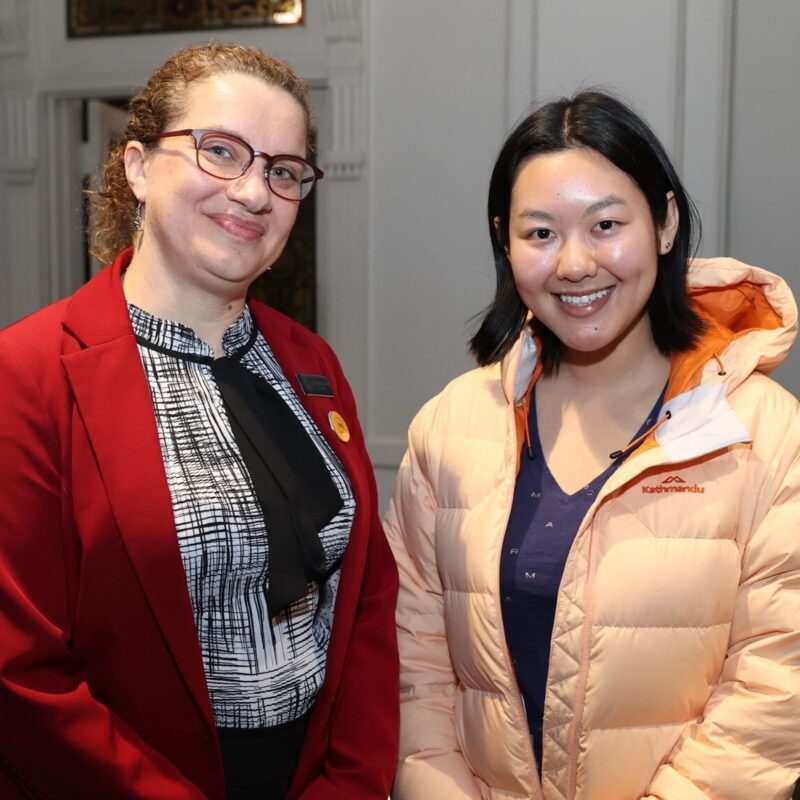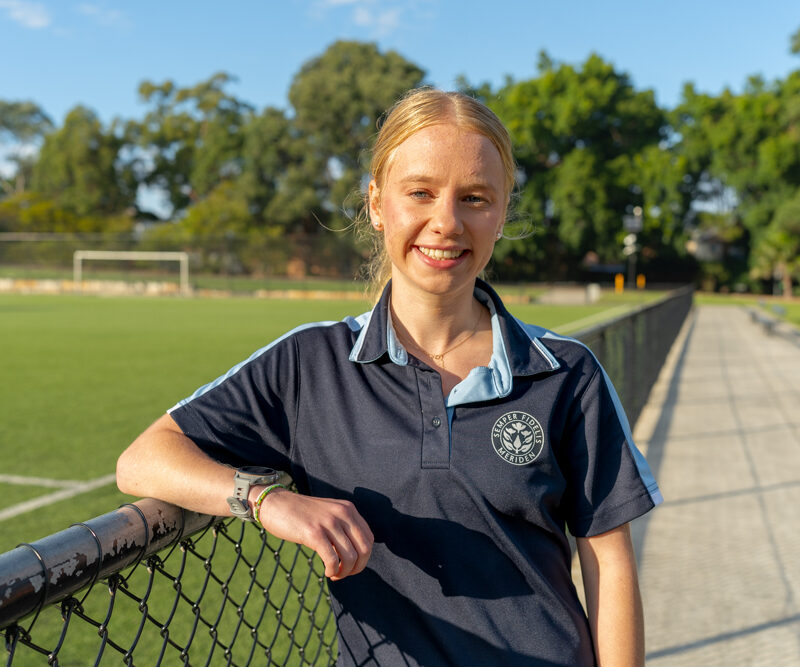The task of untangling tweens and teens from technology is a complex and ongoing one. Jocelyn Brewer, a registered psychologist with a special interest in the psychology of technology, has told a Meriden Parent Forum that the key to success lies in teaching young people to be discerning about digital “junk food” and digital “healthy food.”
The difference between the two, she says, lies in the types of technology consumed and their effects on the young person’s connection with the world. Healthy digital nutrition means using technology to play side by side with important people in one’s life, or to solve problems in teams, collaborate, research and communicate. On the other hand, young people are taking on “digital junk” when they use technology to escape their feelings or spend lots of time alone.
Below are Jocelyn’s guidelines for parents seeking to encourage digital nutrition in their children.
- Set, communicate and enforce guidelines
Parents should be clear and detailed about their expectations around technology and avoid empty threats about removing technology from their children. She advises parents to work together with young people to establish ground rules for technology use for the family. - Be prepared to have difficult conversations with young people about technology
Parents need to “tame the technology tiger”. Children and young people test boundaries to see if rules will be enforced under pressure, so hold firm to the rules that have been established. - Diversify your child’s technology diet
Parents should research and seek out “healthy” technology for their children to replace any “junk” technology they may be consuming. This can be done by reviewing the technologies recommended on Common Sense Media, Psyber Guide, iParent hub and at the Office of the eSafety Commissioner. Positive gaming experiences can be found on Games for Change. - Role model effectively Parents should role model healthy technology use for their children. Children and young people notice when parents are attached to a mobile device; whether that means making phone calls while driving or answering emails in bed. Some ways of managing this could include ensuring all family members leave their phones in another room during meal times or turning the household modem off at 9:30pm.
Other ways in which parents can encourage digital wellbeing include turning app notifications off to minimise technology-based interruptions and using the greyscale function to remove the colour from smartphone screen displays, which reduces its aesthetic appeal. Ms Brewer also suggests installing screen time apps, putting apps into folders so they don’t beckon each time you unlock the device and spending children’s allocated screen time as a family, watching a movie or playing a game.
Jocelyn Brewer is a registered psychologist who has over thirteen years’ experience in public education as both a teacher and school counsellor. Her program, “Digital Nutrition” is aimed at parents who are supporting their children to develop a balanced approach to technology and a healthy relationship with digital devices.


